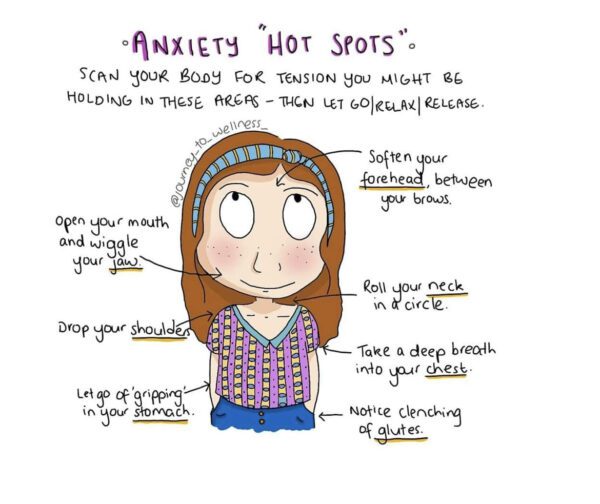Did you know?
A recent study by the CDC indicated that at least 2 in 5 people have experienced symptoms of ANXIETY in the last 7 days?
HOW TO RECOGNIZE ANXIETY IN YOURSELF & OTHERS
Anxiety is an emotion characterized by feelings of nervousness, excessive worry, and extreme concern. Some might experience an unexplained sense of “dread” or fear, and a constant state of restlessness. Anxiety can also induce physical symptoms such as sweaty palms, heart palpitations, chest tightness, light- headedness, shakiness, nausea, and feelings of choking or “going crazy.”
Often, a person may feel as if they want to crawl out of their skin or might experience panic-like symptoms such as hyperventilation.
If left unchecked, anxiety can negatively affect all areas of life including work and home, causing fatigue, stress, intestinal problems, and muscle spasms.
Lifestyle choices can trigger feelings of anxiety. Caffeine and alcohol intake, certain social situations, lack of sleep, and hormone imbalances
can affect levels of anxiety. There are emotional triggers, also, such as feelings of guilt and shame, anger, disappointment, sadness, and
abuse.

Anxiety can be easily managed with a variety of coping skills. Taking 10
deep breaths through your nose and exhaling each time through your
mouth is quick and calming and can be done most anywhere.
Mindfulness, Progressive Muscle Relaxation, and aroma therapy are
just a few. If anxiety persists for more than six months or you begin to
experience panic attacks, it might be time to seek professional help.
There are several medications for anxiety/panic on the market and talk
therapy has been proven to be extremely effective for dealing with
anxiety.
Don’t let anxiety manage you; you manage anxiety! Try some anxiety reducing techniques and talk to a trusted friend, family member, or therapist









